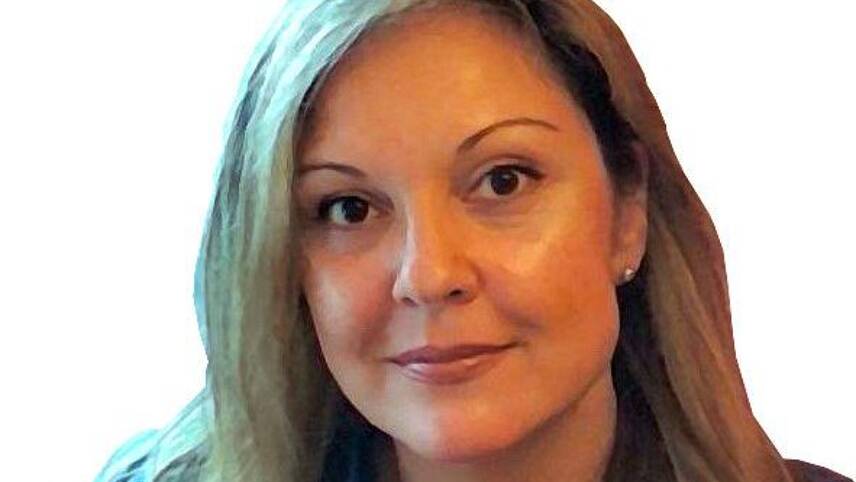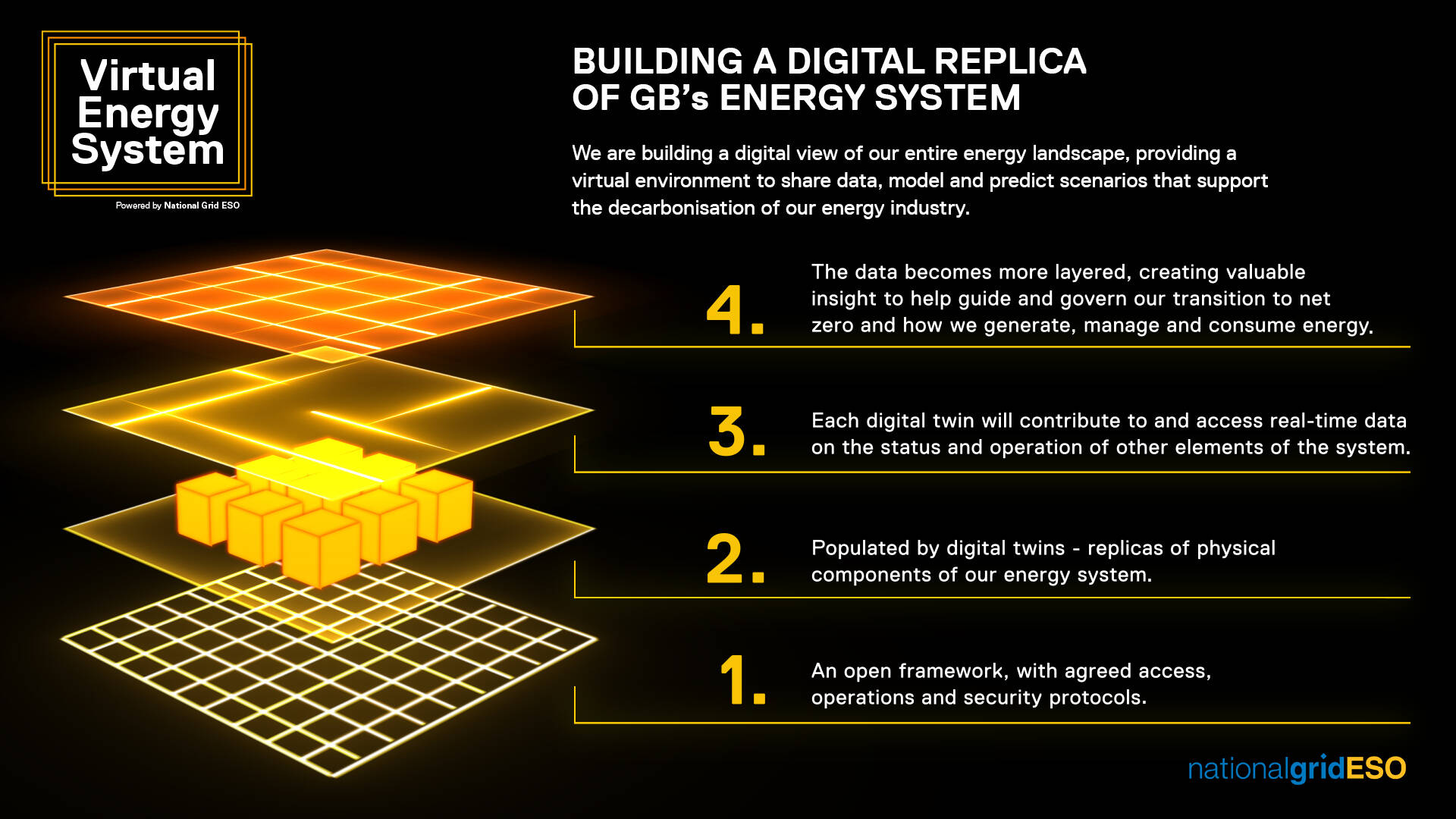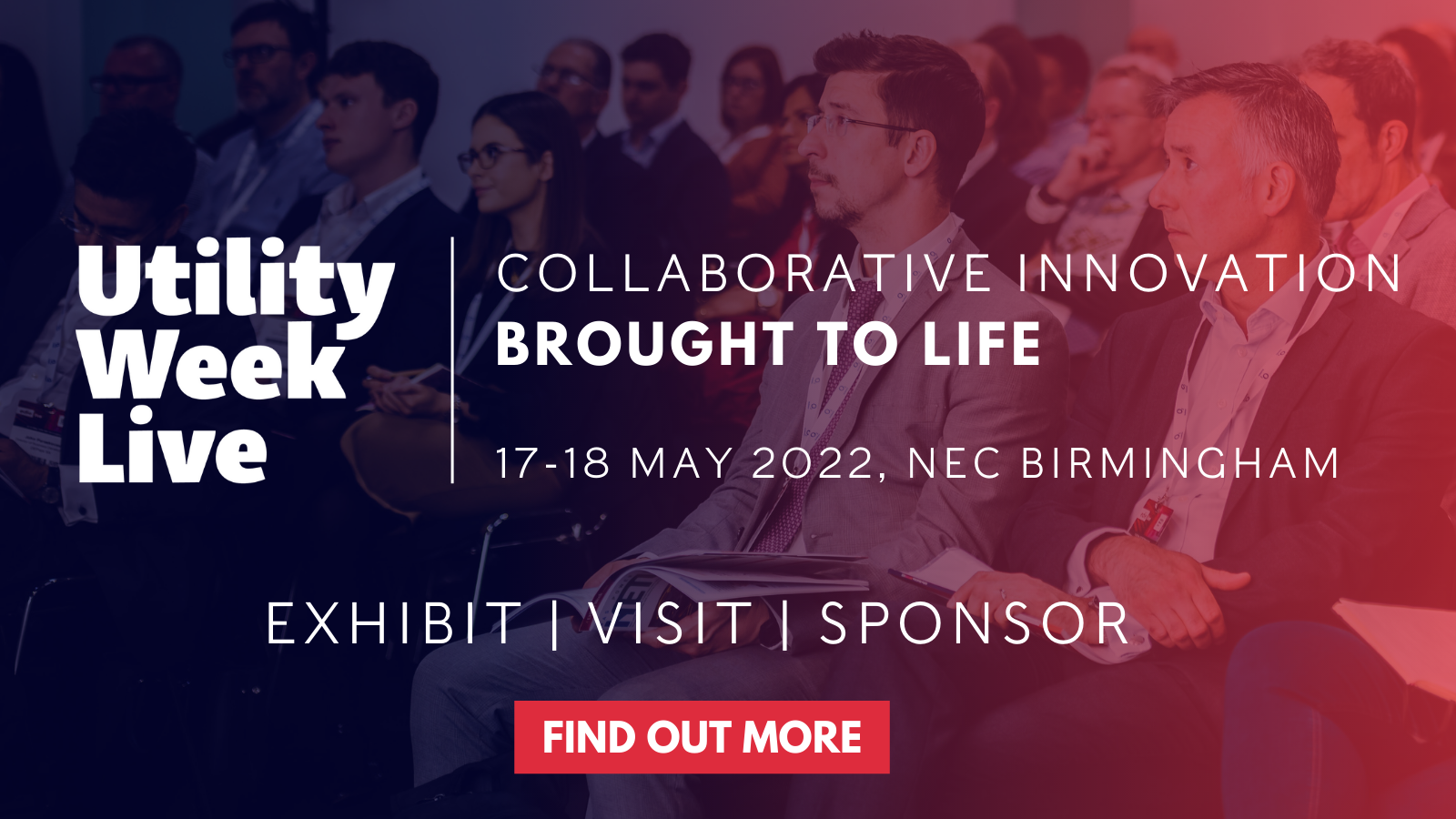You’ve reached your limit!
To continue enjoying Utility Week Innovate, brought to you in association with Utility Week Live or gain unlimited Utility Week site access choose the option that applies to you below:
Register to access Utility Week Innovate
- Get the latest insight on frontline business challenges
- Receive specialist sector newsletters to keep you informed
- Access our Utility Week Innovate content for free
- Join us in bringing collaborative innovation to life at Utility Week Live

National Grid’s head of innovation strategy and digital transformation, Carolina Tortora, reflects on her professional background in rocket science and club promoting alongside a 13-year stint in the utilities sector.
What was your first job in the utilities sector?
I got a job as an entry level contractor in Terna, the Italian TSO. The contract was as temporary as they get. I was hired to develop and explore non-traditional initiatives for Terna to diversify in. I landed on energy storage.
What work experience or qualifications did you have before moving into the industry?
 I’m a rocket scientist. I majored in Aerospace Engineering at Massachusetts Institute of Technology. However, I have since worked in a lot of different industries and sectors, including marketing, plastics, consulting, aviation, space research, real estate and entertainment. So I guess you can say that although I have a respectable technical background, what truly distinguishes me is that I have an extremely open mind and an honest curiosity about the world and all things in it.
I’m a rocket scientist. I majored in Aerospace Engineering at Massachusetts Institute of Technology. However, I have since worked in a lot of different industries and sectors, including marketing, plastics, consulting, aviation, space research, real estate and entertainment. So I guess you can say that although I have a respectable technical background, what truly distinguishes me is that I have an extremely open mind and an honest curiosity about the world and all things in it.
What has been your career highlight thus far?
Just one? Up till a short while ago I would have said getting my first battery installed on the grid in Terna. I’m an engineer at heart and seeing something real and solid on the ground like that felt like a dream come true.
Still, it doesn’t compare to the feeling I got when I finally managed to fully explain my vision for the Virtual Energy System, Great Britain’s energy digital twin, to my managing director, Fintan Slye. We had it out for over an hour in front of a blackboard and when I finally brought it to life for him it felt like my biggest win ever.

What is the most significant way that today’s utilities sector differs from the one you first joined?
Where to even begin? The world has changed dramatically in the past two months, let alone 13 years. When I first started in this industry, renewables at grid scale level were just beginning to be a challenge. Most European grids were still mainly run through coal, oil and gas generation, nuclear in France.
There were virtually no electric cars on our streets, and distribution grids were pretty much one way, and that way was down from transmission to demand.
Today all of that has changed, the transition towards renewable resources has driven a lot of innovation on our energy systems.
It’s not just a technological change, though the digital revolution has truly resulted in almost a new era – it’s a cultural one. Thitreen years ago not many of us bothered to think of what time of day to run our washer/dryer, or truly considered our CO2 footprint. Today we are becoming experts of our own consumption and so much more conscious of our potential impact on the world around us.
What is the biggest challenge you’ve faced during your time in utilities?
 Utilities’ approach to risk comes to mind. What makes my job so difficult is that innovation comes with a lot of risk. You need to be brave, take chances and be ready to fail. No company likes failure, but in the case of National Grid it’s especially difficult, my colleagues take their “keeping the lights on and homes warm” responsibility extremely seriously, so every decision is duly challenged and tested before it’s taken.
Utilities’ approach to risk comes to mind. What makes my job so difficult is that innovation comes with a lot of risk. You need to be brave, take chances and be ready to fail. No company likes failure, but in the case of National Grid it’s especially difficult, my colleagues take their “keeping the lights on and homes warm” responsibility extremely seriously, so every decision is duly challenged and tested before it’s taken.
This can result in a slower pace of change, which isn’t what the industry wants or what my job is about. Knowing how to mediate between the need to take chances while keeping the UK going is where the sweet spot is at.
What do you think Utility Week Innovate readers would be surprised to learn about you?
 I used to be one of the top club promoters in the US East Coast. Euro Dance music was my specialty and my crowd.
I used to be one of the top club promoters in the US East Coast. Euro Dance music was my specialty and my crowd.
Which piece of technology, or app, could you not function without?
My Peloton bike/app and my Peloton support group and teammates: the Vixens.
What do you think is the key to creating the conditions for innovation within the utilities sector?
 Until recently I would have said IP conditions need to be flexible enough to work with startups and universities, but I realise that the true bottleneck for utilities is resource: we must create the right resource space not just in term of funding, but especially in terms of people and their mental space, we need the businesses to create space in their SME’s objectives to work on and deliver innovation.
Until recently I would have said IP conditions need to be flexible enough to work with startups and universities, but I realise that the true bottleneck for utilities is resource: we must create the right resource space not just in term of funding, but especially in terms of people and their mental space, we need the businesses to create space in their SME’s objectives to work on and deliver innovation.
Which other industry do you feel that utilities can learn most from when creating the conditions for innovation?
I take inspiration from all sorts of industries and sectors depending on what it is that I’m trying to solve: from telecom (the digitalisation of the grid) to military (how to hire qualified people with non-competitive salaries) to aerospace (how air traffic controllers “pass control of an aircraft” for ESO-DSO interactions or how automated pilots work with pilots for AI in the control room concepts, etc) and many more.
The idea is to truly practice open innovation, to learn from others’ experiences and mistakes whenever possible and be willing to share your own successes and failures.
What do you think will be the defining factor in the UK hitting its net zero targets?
People. There is only so much your utilities, your government, your neighbour can do for you, the real change is in our ways of living. It’s learning to live with the sacrifices that hitting net zero targets will bring about. Renounce some of our comfort, and money, to guarantee a future for the future generations.
What is the change you’d most like to see within the utilities industry?
Change in the business models. The way most utilities get paid follows the typical economic model: it’s all based on growth. The future will not be about growth, the future is about efficiency and scarcity. Utilities’ business models should reflect that, make sure that there is more value and revenue tied to “making do with less”.
Which issues or opportunities within the industry don’t you feel get enough airtime?
 Comms infrastructure. If the future will run on data, we need to start seriously talking about how that data is going to travel and how can you ensure it’s reliable and secure.
Comms infrastructure. If the future will run on data, we need to start seriously talking about how that data is going to travel and how can you ensure it’s reliable and secure.
What is the most significant way you think the utilities sector of ten years’ time will differ from the one we see today?
We are changing the way consumers relate to energy on a day to day basis. I think this trend will continue, and as it does what utilities do will become clearer to the average consumer.
We will be increasingly challenged, not only over our costs but especially over how we operate, the decisions we take and the reasons behind them. Transparency, which is an important aspect of what we do today will become even more relevant tomorrow.

See this content brought to life at Utility Week Live, 17-18 May 2022 NEC Birmingham. FREE to attend for utilities. Register today
Delivering smart energy networks is one of the frontline challenges at the heart of Utility Week Live 2022’s live content programme. View the programme.
Please login or Register to leave a comment.